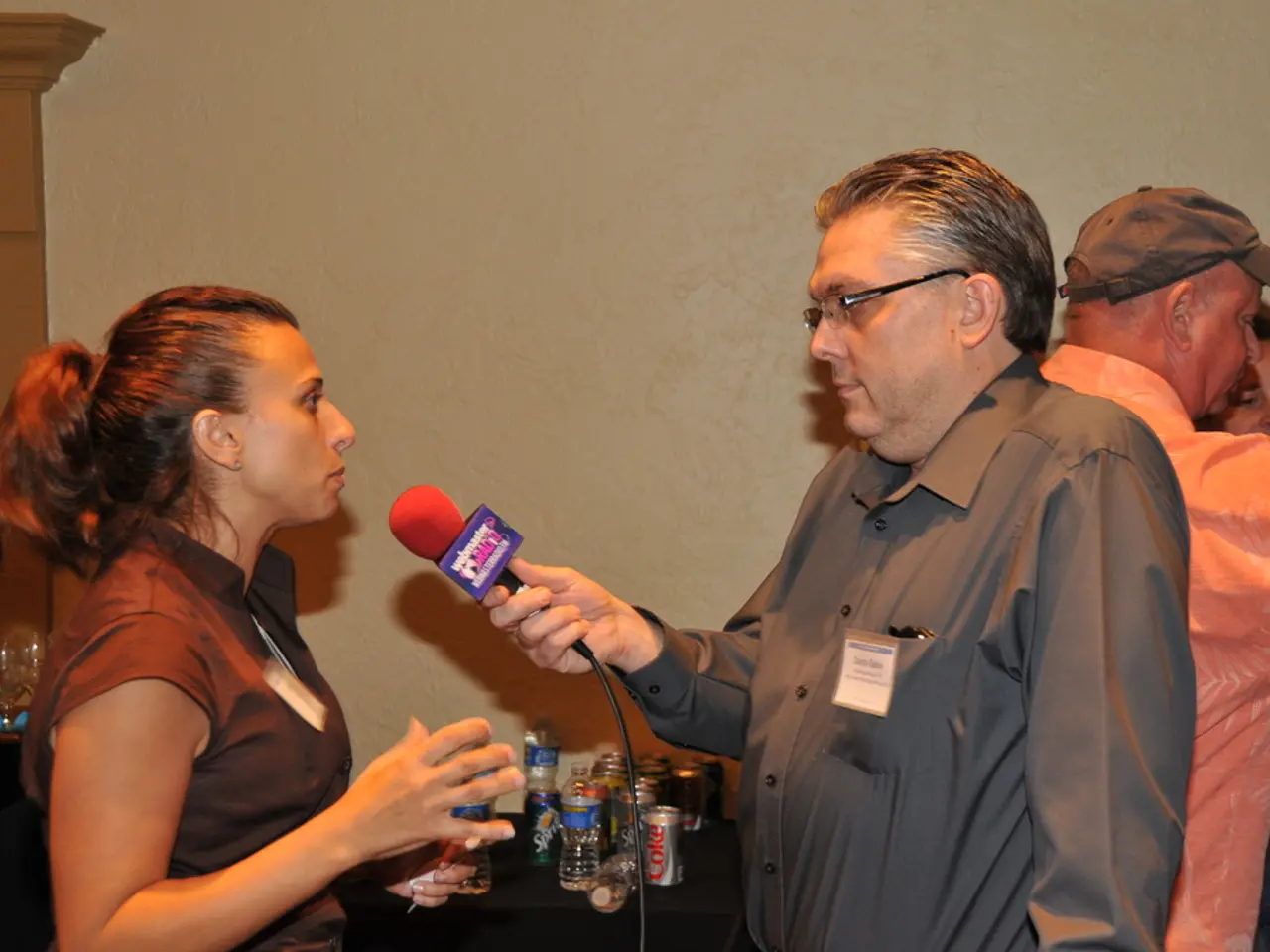Examination Techniques for Interview Discussions
Interviews are a popular method of data collection in qualitative research, providing rich, nuanced insights into individuals' thoughts, feelings, and experiences. However, they also come with certain disadvantages compared to other data collection methods like surveys or focus groups.
One of the main drawbacks of interviews is their time-consuming and resource-intensive nature. The process involves extensive planning, conducting one-on-one sessions, and analyzing qualitative data, making it slower and more costly than surveys or group discussions.
Another disadvantage is the small sample size and limited generalizability. Due to the intensive nature of interviews, they typically cover fewer participants, which limits how broadly findings can be generalized compared to surveys with large samples.
Interviewer bias and subjectivity can also pose a challenge. The skill, biases, and behavior of the interviewer can influence responses and interpretation, potentially reducing objectivity and introducing inconsistencies not as prevalent in standardized surveys.
Potential lack of standardization is another issue. Unlike structured surveys, interviews often vary in questions or probing, which can affect reliability and comparability across respondents.
Challenges in sensitive topics are another limitation. Although interviews allow privacy, some very sensitive issues might still be difficult for participants to disclose fully one-on-one, a limitation also shared with focus groups but sometimes less problematic in anonymous surveys.
Memory distortions can occur in interviews, where participants struggle to recall past events, leading to incomplete or altered memories. Furthermore, telephone interviews lack visual cues, making it harder for interviewers to detect emotions, discomfort, or hesitation, which can provide valuable insights.
Interviews, especially personal conversations, often do not offer the same level of anonymity as other data collection methods, which can lead to social desirability bias. Poor moderation can also lead to some participants feeling excluded or less willing to contribute. Finding a common time for all participants can delay the process and reduce participation.
However, interviews offer several advantages. They provide a deeper understanding of individual perspectives, allowing for rich, in-depth data not possible with surveys or focus groups. The success of interviews heavily relies on the moderator's ability to balance the conversation and include all participants equally.
In cross-cultural research, interviews can pose challenges due to language differences and cultural nuances. Yet, they can also offer unique insights that surveys or focus groups may miss. The "paradox of self-disclosure" occurs during interviews, where participants may initially be reserved but become more open as they build a connection with the interviewer, potentially leading them to reveal more personal or sensitive information than they originally intended.
In conclusion, interviews are best suited when detailed insights and personal experiences are crucial, while surveys and focus groups may be preferable when breadth, generalizability, or group dynamics are prioritized. The disadvantages mainly revolve around efficiency, potential biases, and scalability.
Although interviews provide rich, nuanced insights into individuals' thoughts, feelings, and experiences, their disadvantages include limited generalizability due to a smaller sample size and the potential for interviewer bias, which can impact objectivity. Moreover, in the context of education-and-self-development and personal-growth, transcription of interviews can serve as a valuable learning tool for understanding personal-growth narratives and self-disclosures, despite its time-consuming nature compared to other data collection methods like standardized surveys or focus groups.




